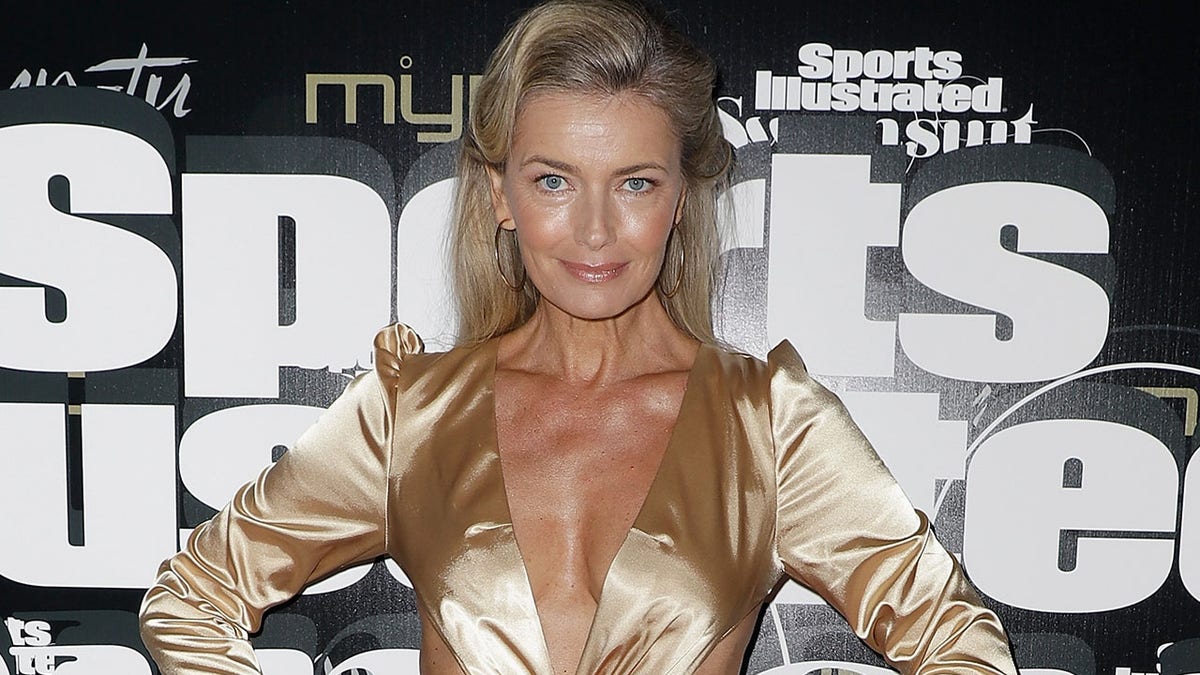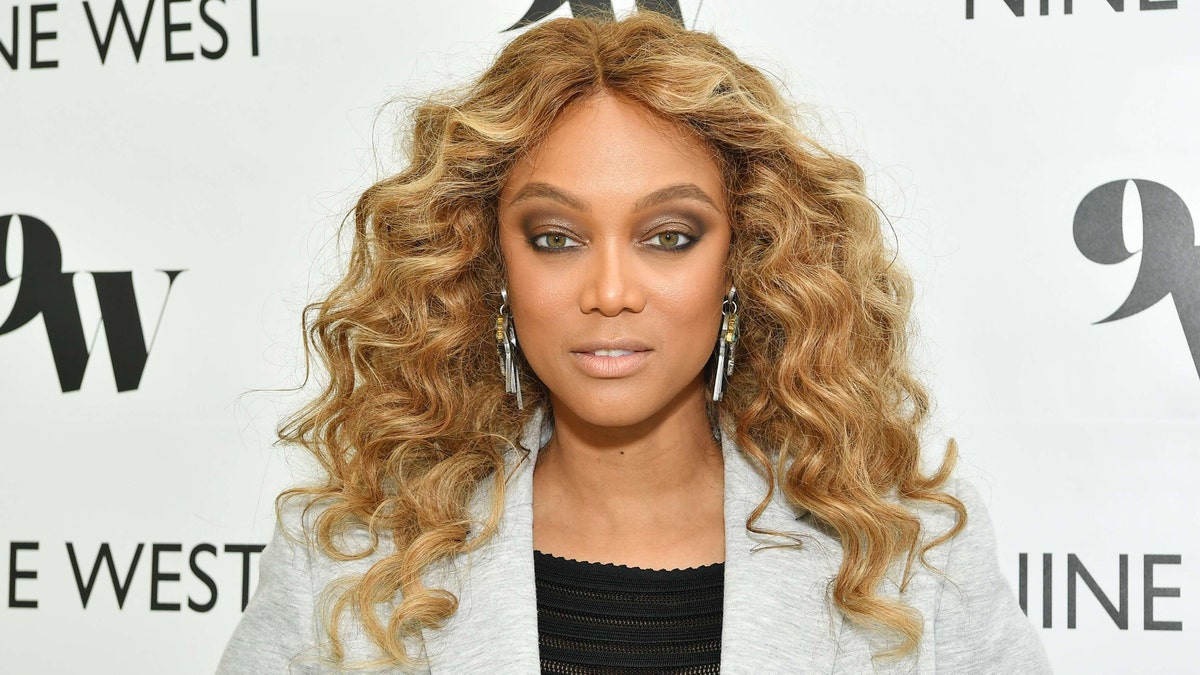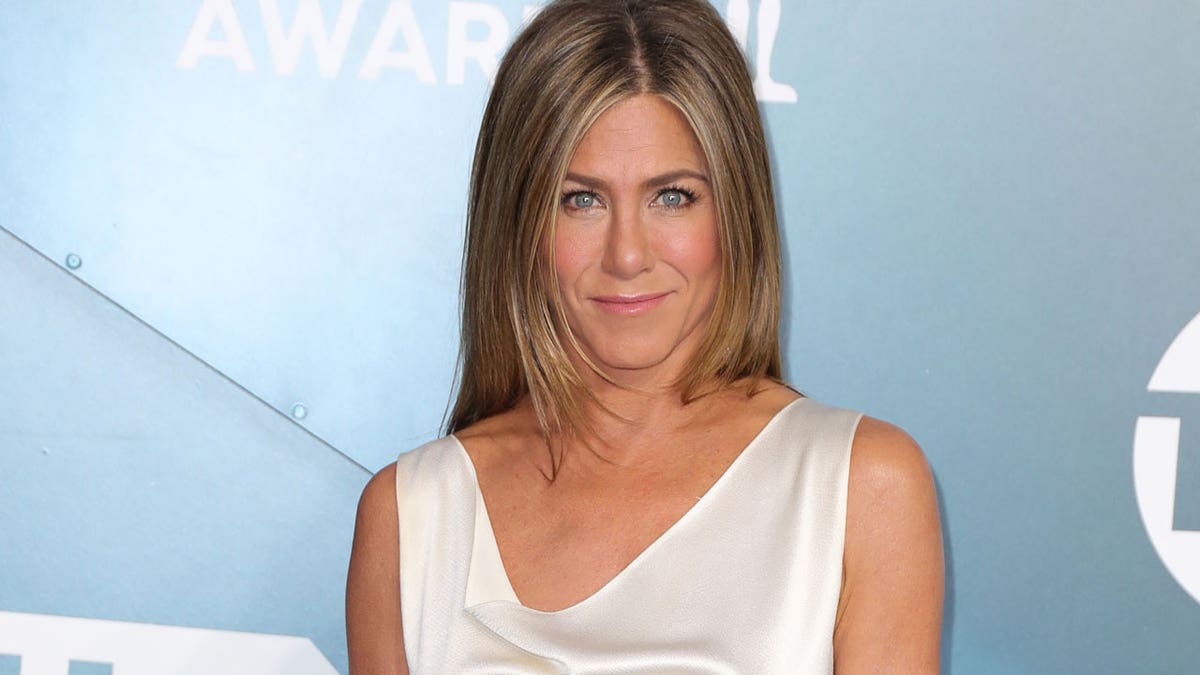What do Michelle Pfeiffer, Tyra Banks, Jennifer Aniston, Jennifer Lopez and Helen Mirren have in common?
Social media platforms don’t just harm teenagers, but can be harmful to women as they age, so these women are fighting back with make-up selfies to embrace their age, according to a recent Wall Street Journal report.
"We’re also bombarded by images on our phones all the time—this five years ago, this 10 years ago," New York psychiatrist Dr. Samantha Boardman, noting, " … it’s a reminder of the passage of time and how we do look different."
She said we should be paying more attention how social media affects women as they get older, because it makes older women feel as bad as teenagers, especially when the way a woman looks doesn’t match how she is feeling.
COVID-19 LOCKDOWNS: WHAT'S UP WITH NOSTALGIA FOR THE ‘OUTBREAK ERA’?"
"I have a craving to see real faces of my age, so I don’t feel so alone in aging," said model Paulina Porizkova, who is 56.

MIAMI, FL - MAY 11: Paulina Porizkova attends the Sports Illustrated Swimsuit Celebrates 2019 Issue Launch at Myn-Tu on May 11, 2019, in Miami, Florida. ((Photo by John Parra/Getty Images for Sports Illustrated))
Middle age is often a time of high stress for women, because many are trying to balance careers, raise children and also care for aging parents, according to the Journal.
As more older women begin to embrace their natural look, posting make-up selfies can be empowering.
"It’s satisfying to feel connected and not so alone in how you look, so I think there is a generosity in that when it’s authentic," said Boardman.
She cautioned the natural look might be staged at times with products, treatments and injectables that contribute to that look, so when sometimes celebrities post the "natural" hashtag, it might be supported by ring lights, secret makeup and even a filter, per the paper.
"Often we’re barraged with images that we don’t even know are touched up," New York–based psychiatrist and dermatologist Dr. Amy Wechsler told the paper.
Some beauty brands, like Milk, Dove and Olay, are supporting this trend, using real photos that are not retouched across a wide spectrum of ages to showcase women’s beauty at their stage in life.
But make-up free selfies aren’t the only remedy middle-age women are using to take care of their mental health – many are resorting to antidepressants, according to the Wall Street Journal.

Tyra Banks recalled once holding her dress together while filming 'Dancing with the Stars.' (Getty Images)
But some doctors are concerned antidepressants are being overprescribed for symptoms that may actually be attributed to menopause, which the median age in the U.S. is 51, per the news report.
Approximately one in five women ages 40-59 and an estimated one in four women ages 60 and older used antidepressants in the last 30 days during 2015 to 2018, compared to one in 10 for women ages 18-39, according to the most recent data from the National Center for Health Statistics.
In general women are at higher risk for depression than men, but the risk of depression is highest leading up to menopause and immediately after it. It’s sometimes difficult, however, to tease out the root cause of peri-menopausal symptoms, because the imbalance of hormones during this period that are responsible for typical symptoms, such as hot flashes and night sweats, can also affect a woman’s mood, per the Journal.
The most effective treatment for hot flashes and night sweats is hormone therapy with either estrogen or combined with progestogen, according to the North American Menopause Society and the American College of Obstetricians and Gynecologists.
But women are looking for alternative treatments since many are " … so deathly afraid of prescribing hormones," said Dr. Stephanie Faubion, medical director of the North American Menopause Society and the director of Mayo Clinic Women’s Health.

Jennifer Aniston attends 26th Annual Screen Actors Guild Awards at The Shrine Auditorium on January 19, 2020, in Los Angeles, California. (Photo by Leon Bennett/Getty Images)
So now scientists are trying to develop anti-depressants that will target depression symptoms related to estrogen withdrawal without the side effects of hormone replacement therapy, according to Dr. Peter Schmidt, chief of the Behavioral Endocrinology branch in National Institute of Mental Health Intramural Research program.
CLICK HERE TO GET THE FOX NEWS APP
"While I look with wonder and awe at the women who age backwards, I’d like a little more choice in representation of age. So I hope to provide a little of that for women who feel like I do, that age is coming into one’s true beauty and character, and it should be celebrated, not erased," Porizkova said.










































